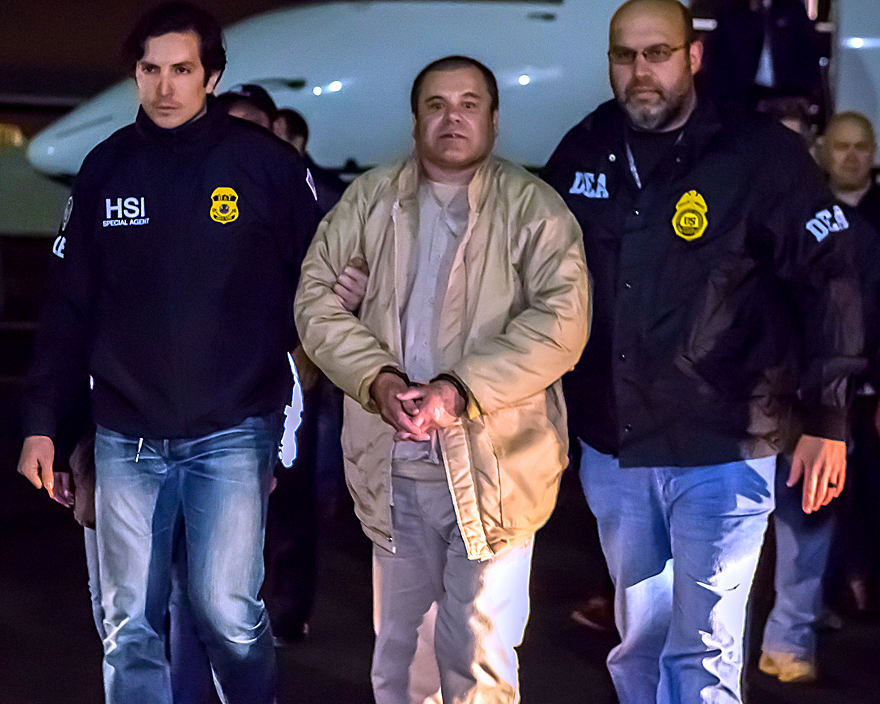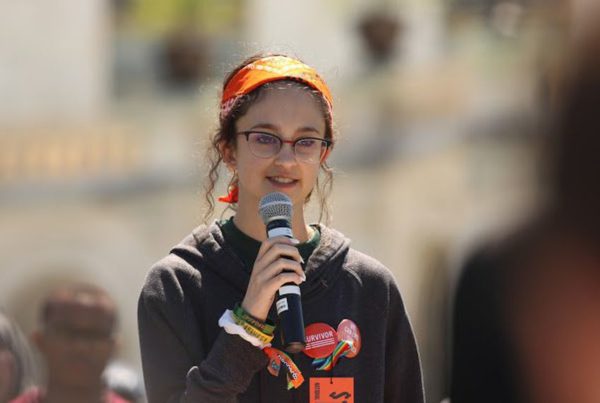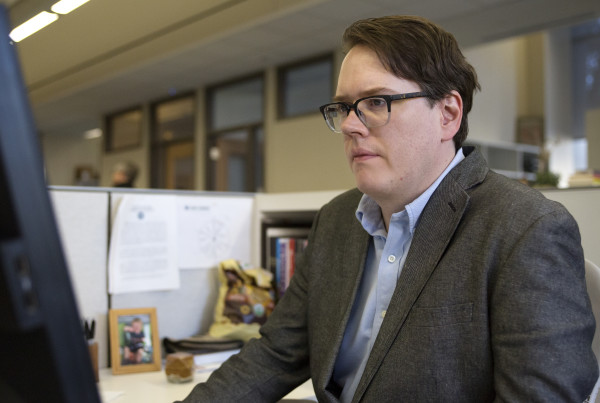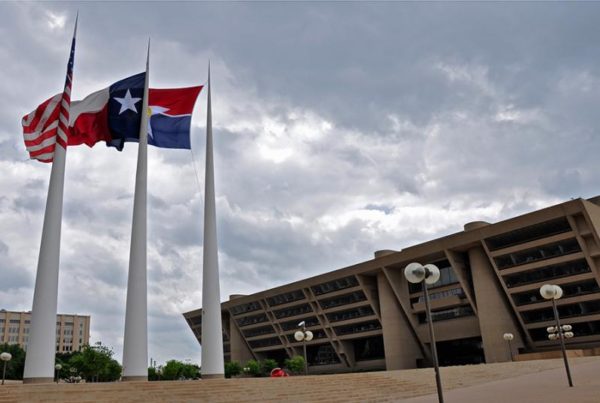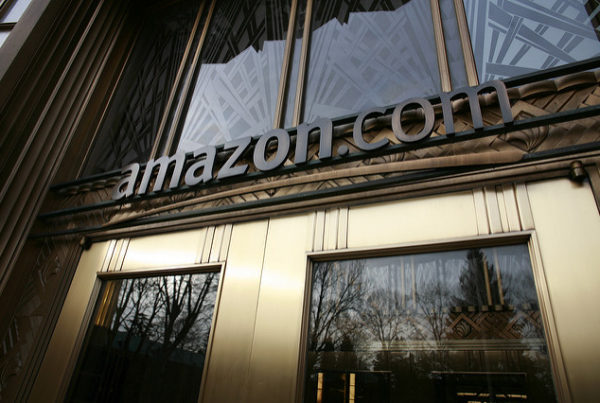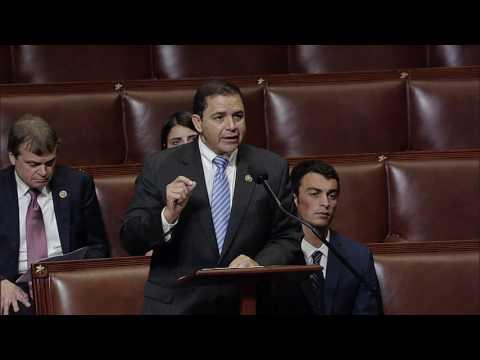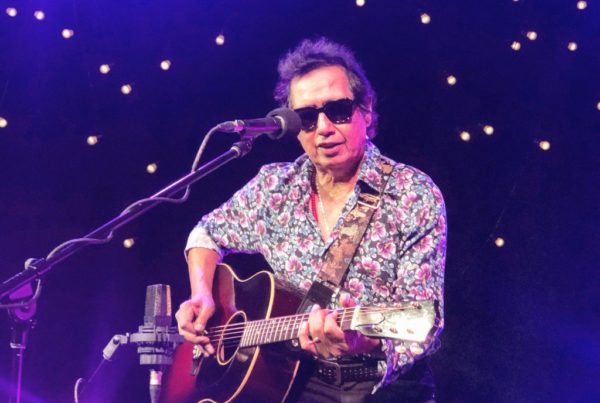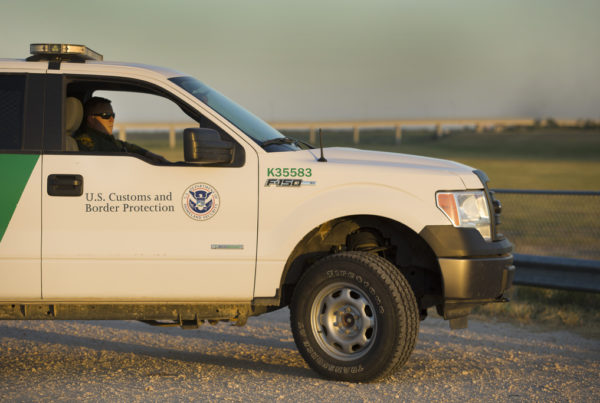After a monthslong trial, Joaquín “El Chapo” Guzmán was found guilty on all 10 charges, and sentenced to life in prison. So what does this conviction mean for the Sinaloa Cartel, which he used to lead, and how will it affect the rest of the illegal drug trade on either side of the U.S.-Mexico border?
Nathan Jones, assistant professor of security studies at Sam Houston State University’s College of Criminal Justice, says although it won’t stop the cartel from operating at a national level, Guzmán’s conviction sends a message.
“I think it’s an incredibly important thing that this was taken full to trial and full to conviction,” Jones says. “The judicial system in the United States is strong and works, and that sends a message. It’s a weapon, via extradition, that drug traffickers fear, and it changes the strategic calculus.”
Jones says other high-level traffickers have been given reduced sentences in exchange for information, but “at some point, you have to stop and get a full conviction.”
Mayo Zambada, who assumed leadership of the Sinaloa Cartel after Guzmán’s capture during a raid by members of the Mexican and American military in 2016, remains at large. Jones says Guzmán’s defense team tried to paint Zambada as the true leader of the cartel, but that didn’t convince the jury of Guzmán’s innocence.
Jones says information revealed during the trail may also have implications for the debate in Washington over the southern border wall.
“They weren’t trying to get around the ports of entry; they were going directly through the ports of entry,” Jones says.
He also says Guzmán and the Sinaloa Cartel used small fishing vessels and tunneling to avoid having to cross the border entirely.
“Chapo Guzmán was famous for his tunneling,” Jones says. “And a wall’s never going to stop that.”
Written by Sol Chase.


